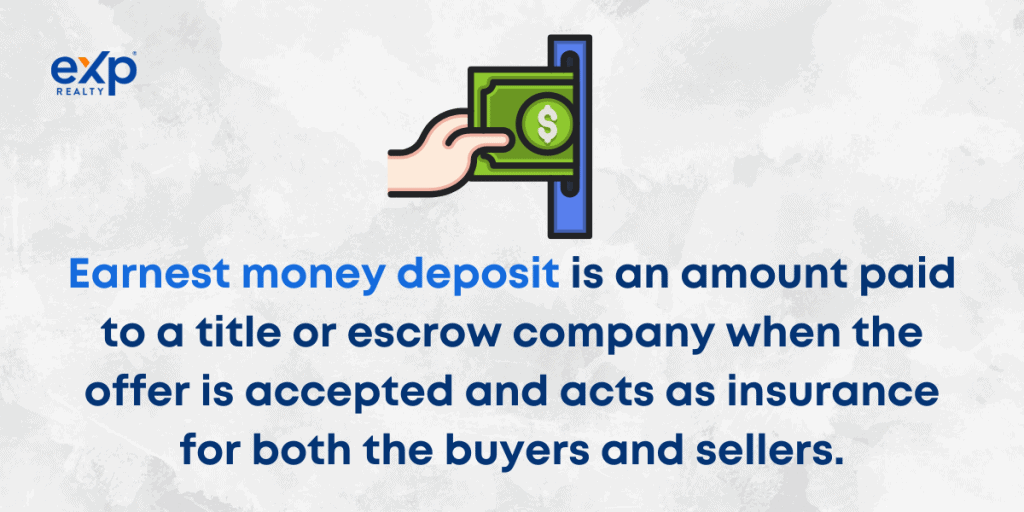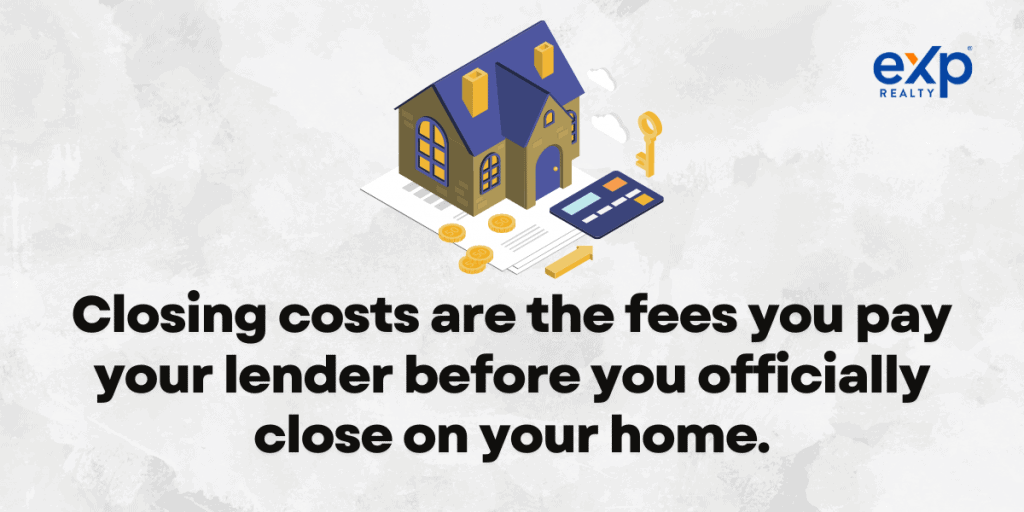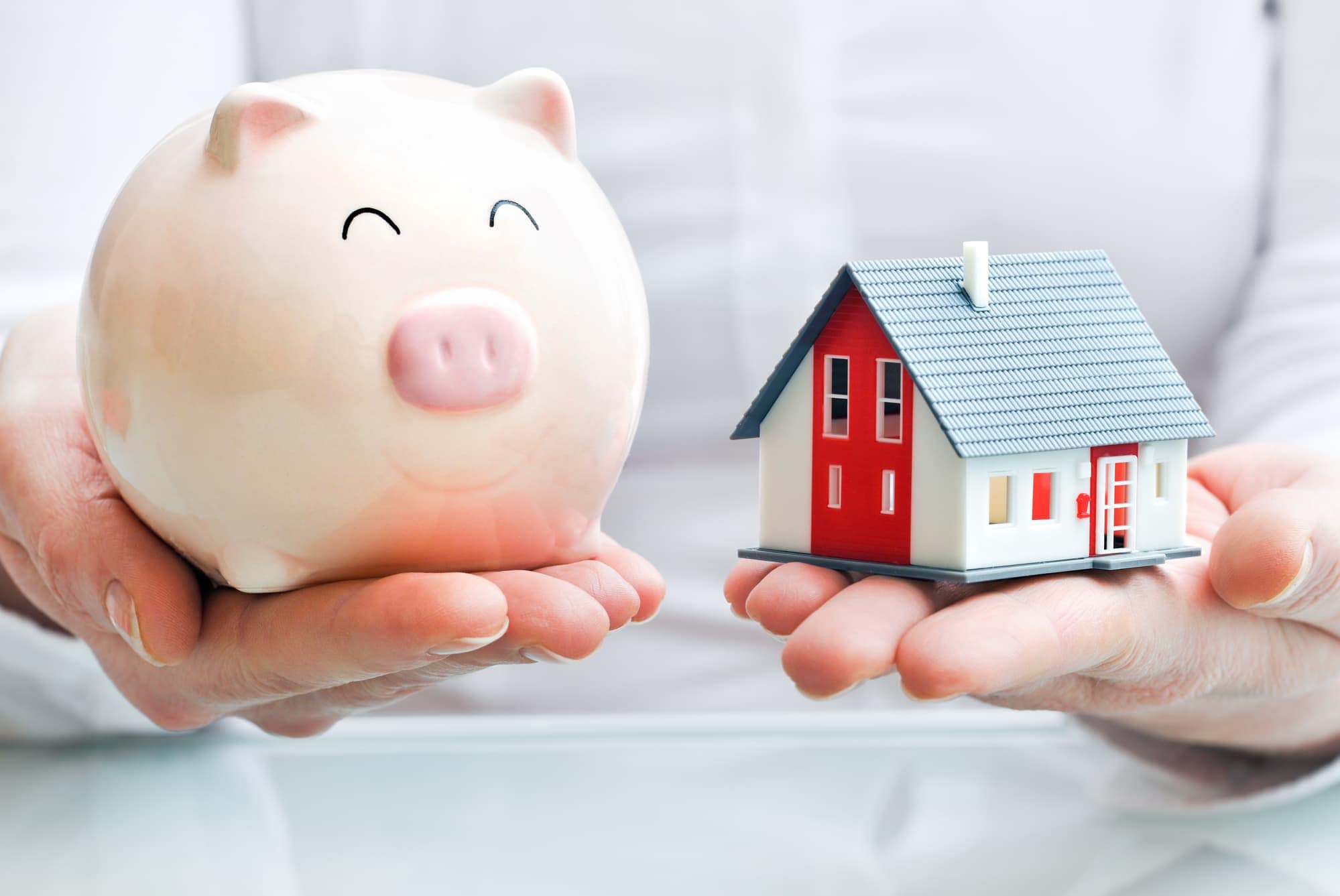A good rule of thumb for how much money you need to buy a home is 13% of the purchase price and an extra $10K to have some savings afterwards. But of course, it’s a bit more complicated than that, and homes for sale in Naperville, IL, might require more of a starting-fund than in Raleigh, NC. Your location and your loan will all affect how much money you actually need to purchase a home. Let’s get into the details.
What Goes Into Buying A Home
Unless you’re in the greatest buyer’s market that ever was, you will necessarily need some money to buy a house. Even though there are loans out there that require no down payment, you must A: prove you have an income, and B: pay closing costs. Though the home seller may pay a few of those costs, you’ll inevitably wind up paying at least a few thousand dollars into an escrow account before that house is yours. So unless you’re able to get the seller to make every possible concession in the homebuying process, you’ll need to put some money down for that house.
With all that said, let’s look at some of the common costs of buying a house so that you can see how much money you actually need to purchase a home and budget accordingly
Earnest money deposit

Like a downpayment for a loan that demonstrates good faith to a lender, an earnest money deposit is a demonstration of good faith on the part of the buyer towards the seller. The difference between the two is that, if the deal goes south, you’ll probably get most, if not all, of that earnest money back.
You never pay earnest money directly to the seller, if you do you’re in a bad deal. Earnest money is held in escrow by a third party, oftentimes a title company. If all goes well in the homebuying process, that earnest money will be used to pay some of your closing costs and can be used towards the downpayment of your loan.
Typically an earnest money deposit is about 1% or less of the home price. In certain markets such as Dallas or Atlanta, GA, the earnest money deposit is a symbolic $1K and $2K that doesn’t vary regardless of the price of the property. Bear this in mind when wondering how much money do you actually need to purchase a home?
Closing Costs

Closing costs cover a wide range of expenses, some of which the buyer pays and some of which the seller pays. Who pays what varies depending on if you’re in a buyer’s or seller’s market, by state, by custom, and by law in some cases. You’ll want to work with your real estate agent early in the homebuying process to get a good idea of what you’ll be paying and how much. Here’s a quick look at some of the common closing costs.
Down Payment for Your Mortgage
This ranges loan-by-loan. To avoid paying PMI (Private Mortgage Insurance: an extra payment that you either pay month-to-month or all at once up front) which can be as much as 2% of your mortgage, home buyers put down as much as 20% of the homevalue. With median home prices in the US currently at $440K, that would be $88K in cash up front.
If you’ve just sold your previous house and are using the funds from that sale to buy a new home, $88K might not be too much of a stretch. For first-time homebuyers, that would keep many people from ever owning a home, but fortunately there are plenty of loans that require far less of a down payment. It’s common to find loans requiring 15%, 10% and even 5% down payments. Some government backed loans, like FHA loans, can get your down payments as low as 3.25%.
Some first-time homebuyers can qualify for loans with no down payment, if they qualify for government backed loans. Common government backed loans include USDA loans and VA loans. USDA loans are through the Department of Agriculture while VA loans are meant for veterans.
Most homebuyers don’t put 20% down for their mortgages. According to the National Association of Realtors, the average down payment in 2021 was just 6%. Bear this in mind when calculating how much money you need to purchase a home.
Loan Origination Fee
To get a loan, you need to pay the lenders for their processing of your loan application. This usually amounts to between .5% and 1% of the loan amount.
Home Inspection

You pay for a home inspection to make sure you don’t buy a house with undisclosed problems. These inspections are carried about by professionals that your real estate agent can recommend, and typically cost between $300 and $500.
Title Insurance
Title Insurance seems a little tricky at the onset. You and your lender both pay title insurance to a title company whose job it is to ensure that the owner of the title to your house is you. If someone were to claim the title to your home they’d be able to sue you and claim the house for themselves. It doesn’t happen often, but it’s a dire enough consequence to consider when figuring out how much money you need to purchase a house. The insurance will cover you if someone else claims title to your home and challenges you in court.
Typically title insurance costs around $1000, but can be as low as $200 or as high as $2000. It varies from state to state just like nearly all other closing costs. You also pay a title search fee, which is like the loan origination fee. That’s the price of labor for the title company. The title search fee usually comes out to $100 to $200.
Other Possible Closing Costs
- Attorney Fees
- Home Appraisal
- Points/Loan Discount Fees
- Credit Report
- Land Survey
- Notary Fees
How Much Money Do You Actually Need To Purchase A Home?
As you can see, a lot goes into those closing fees, and rather than try to pin each and every fee down including how it varies from state to state, it’s safe and smart to assume that closing fees alone will be between 3% and 6% of your home’s purchase price. We’ll average them at 5% to be conservative. Add that on to your down payment which we’ll average at 6% and your earnest money deposit of 1% and you’re most likely looking at 12% of the price of the home you’re looking to buy. With a median home price of $440K that’s about $58K.
Do keep in mind though that if you’re a first time home buyer, you probably won’t be buying a $440K home. At the lower end of the market, the $150K to $250K range, the homebuying process is much more affordable given that nearly all your costs are based on the home price and loan amount. First time homebuyers usually pay smaller down payments of 3.5% or less. So take our closing costs of 5% home price, 3.5% down payment, and that 1% earnest money deposit, and you’re looking at 9.5% of the home’s asking price. For a starter home of $200K that’s $19K
Finally, though not technically necessary to purchase a home, it would be a good idea to bet on having another $10K on hand when buying a home just to have some savings leftover after closing on the house. Though it’s not always possible, it’s good to have $10K stashed away to cover unforeseen expenses and all the fun little tricks life throws our way. We hope you have a better idea of how much money do you actually need to purchase a home, and that you’re now able to plan accordingly.





